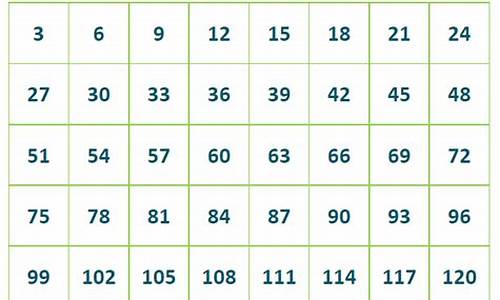How to Control Weight Through Diet Management
Managing weight is an essential aspect of maintaining good health. By controlling what you eat, you can not only achieve a healthy body weight but also improve overall well-being. A well-balanced diet, paired with smart food choices, can help you regulate your calorie intake and support weight loss or maintenance. This article explores how diet management can be effectively used to control weight, providing a comprehensive guide to understanding food choices and portion control.
Understanding Calorie Intake
One of the fundamental principles of controlling weight is understanding calorie intake. Calories are units of energy that your body needs to perform daily functions. When you consume more calories than your body burns, the excess is stored as fat. To maintain or lose weight, it’s crucial to create a balance between the calories you consume and the energy you burn through physical activity.
Choosing Nutrient-Dense Foods
When managing your weight, focusing on nutrient-dense foods is key. These are foods that provide more nutrients (vitamins, minerals, fiber) relative to their calorie content. Vegetables, fruits, lean proteins, and whole grains should be prioritized in your diet. Such foods help you feel fuller for longer and offer numerous health benefits without contributing to excess weight gain.



Portion Control and Meal Planning
Portion control is another vital aspect of diet management. Even healthy foods can contribute to weight gain if consumed in large quantities. By measuring portion sizes and avoiding overeating, you can manage your calorie intake more effectively. Meal planning is also a great tool for controlling weight. By planning meals ahead of time, you can ensure that you have healthy options readily available and avoid impulsive eating.
Staying Hydrated and Avoiding Liquid Calories
Drinking enough water throughout the day plays a significant role in weight control. Water can help with satiety, reducing unnecessary snacking. Additionally, avoiding sugary beverages, like sodas or energy drinks, is crucial for weight management, as these liquids contain hidden calories that add up quickly without providing any nutritional value.
Regular Physical Activity and Consistency

While diet management is crucial, regular physical activity is also essential for weight control. Combining healthy eating with consistent exercise helps burn excess calories and boost metabolism. Find a form of exercise that you enjoy, whether it’s walking, jogging, or strength training, and aim for a consistent routine.
Conclusion
In conclusion, controlling weight through diet management is a sustainable and effective strategy. By focusing on calorie balance, choosing nutrient-dense foods, practicing portion control, staying hydrated, and incorporating physical activity, you can achieve your weight management goals. Consistency and mindful eating are key to long-term success in maintaining a healthy weight.